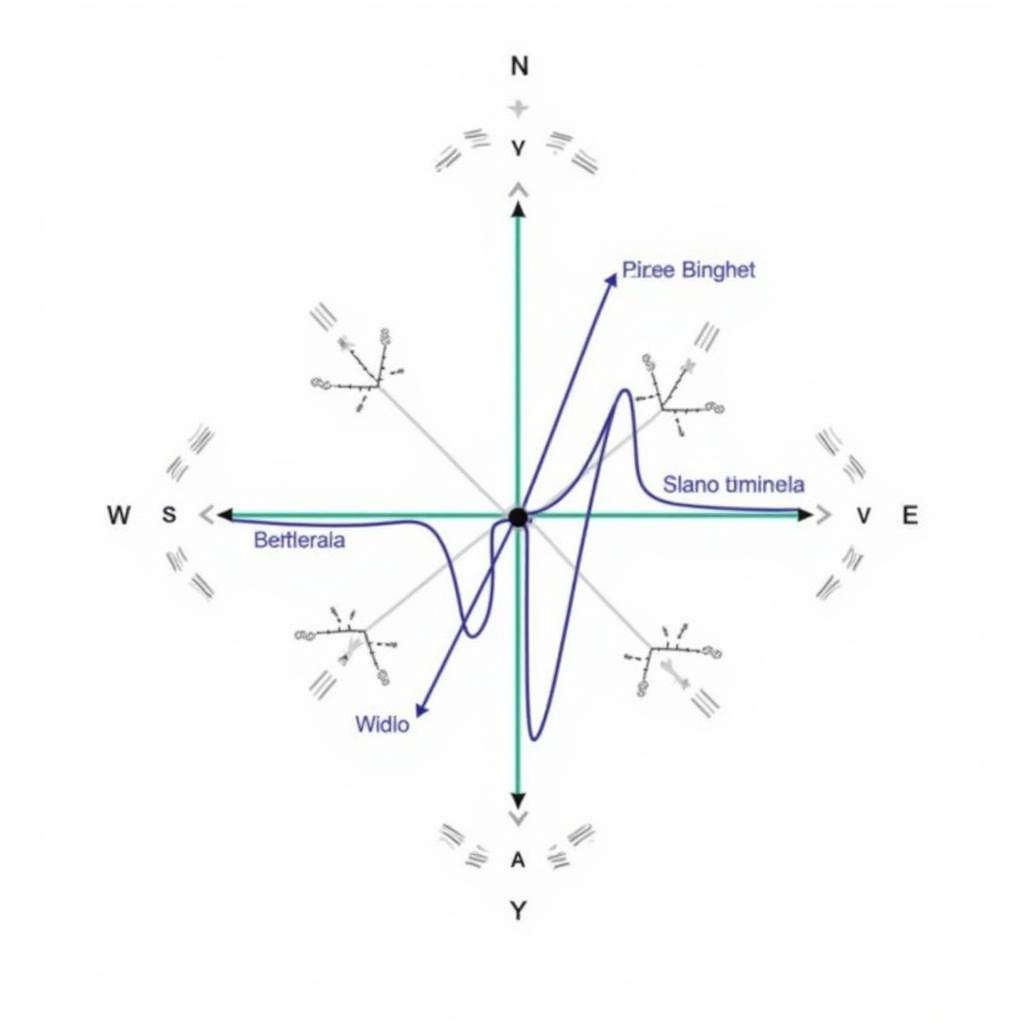Adam Malik, a prominent figure in Indonesian history, is widely recognized as one of the founding fathers of ASEAN. His pivotal role in the formation of this influential regional bloc cemented his legacy as a visionary leader and a staunch advocate for cooperation in Southeast Asia.
From Journalist to Statesman: The Making of a Diplomat
Born in Pematangsiantar, North Sumatra, in 1917, Adam Malik’s journey began far from the halls of international diplomacy. He started his career as a journalist, a path that instilled in him a deep understanding of the power of communication and the importance of bridging divides. His involvement in Indonesia’s struggle for independence further fueled his passion for diplomacy and international cooperation.
A Vision for Unity: The Genesis of ASEAN
The early 1960s was a turbulent period in Southeast Asia. The region was grappling with the legacies of colonialism, the rise of communism, and internal conflicts. Recognizing the need for regional solidarity and cooperation, Adam Malik, then Foreign Minister of Indonesia, joined forces with his counterparts from Thailand, Malaysia, Singapore, and the Philippines. Together, they embarked on a mission to forge a new path for Southeast Asia, one based on collaboration rather than conflict.
The Bangkok Declaration: Laying the Foundation
The culmination of their efforts was the signing of the ASEAN Declaration in Bangkok on August 8, 1967. This landmark document, often referred to as the Bangkok Declaration, marked the formal establishment of ASEAN and outlined its core principles: mutual respect, cooperation, and peaceful coexistence. Adam Malik’s role in drafting and negotiating the declaration was instrumental in shaping the organization’s founding principles and setting the stage for its future growth and influence.
ASEAN’s Enduring Legacy: A Testament to Cooperation
Over the decades, ASEAN has evolved into a dynamic regional organization, playing a crucial role in promoting economic growth, fostering political dialogue, and addressing shared challenges. The organization’s success in maintaining peace and stability in Southeast Asia stands as a testament to the vision of its founding fathers, including Adam Malik. His unwavering commitment to dialogue, diplomacy, and cooperation continues to inspire generations of leaders and citizens in the region and beyond.
Beyond ASEAN: Adam Malik’s Global Impact
Adam Malik’s contributions to international relations extended beyond Southeast Asia. He served as President of the United Nations General Assembly in 1971, a role that allowed him to champion the causes of developing nations and advocate for a more just and equitable world order. His tenure as President of the UN General Assembly coincided with a period of significant geopolitical shifts, including the People’s Republic of China’s entry into the United Nations. Adam Malik’s diplomatic skills were instrumental in navigating these complex issues and fostering dialogue on the global stage.
Adam Malik Pendiri ASEAN: A Legacy of Unity and Progress
Adam Malik’s legacy as a founding father of ASEAN and a global statesman remains deeply etched in the annals of history. His unwavering belief in the power of dialogue, his commitment to regional cooperation, and his dedication to international peace continue to inspire generations. As ASEAN celebrates its milestones and navigates the complexities of the 21st century, the principles championed by Adam Malik remain as relevant as ever, serving as a beacon of hope and a testament to the enduring power of unity and cooperation in a diverse and interconnected world.
